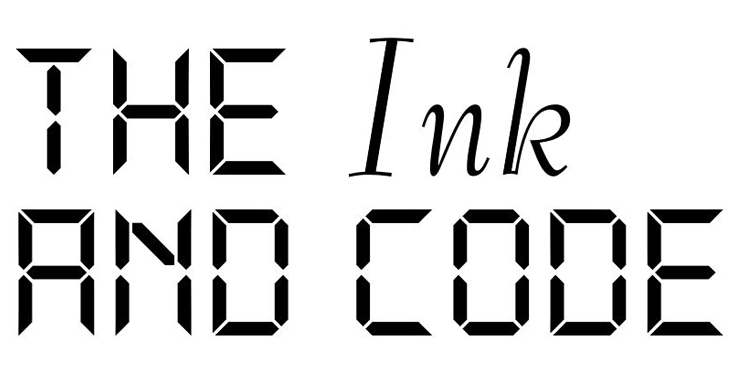After a truly disappointing prom night, Lucy (Olivia Grace Applegate) and her lifelong best friend Annie (Katie Folger) agree to tag along with some classmates and take mushrooms at an abandoned–and possibly haunted–prison work farm in the woods. The ringleader of the group, Laila (Dora Madison) is intent on holding a séance, though her cousin JD (Louis Hunter) may be a little too distracted by the presence of Lucy, who is equally drawn to him. As the drugs kick in, the group wanders through the seemingly empty property, but soon discover they aren’t alone, and even without the drugs, not everything is as it appears to be.
The Honor Farm, written and directed by Karen Skloss (with co-writing credits given to Jay Tonne Jr. and Jasmine Skloss Harrison), tackles many common themes of coming-of-age themes: a search for personal identity; the pressure of social norms and rituals; and the loss of virginity. It presents these themes through a veil of dream-like horror. The horror itself is remarkably well-executed. Skloss displays a mastery of ratcheting up the tension to anxiety-inducing levels. But when we come down from that, I was left wanting a lot more.
The film appears to pair the threat of violence with a woman’s first sexual encounter, a threat that lingers even when the act is consensual. That dread is potent, even when portrayed by a masked figure watching over the events. But then what? Ultimately we’re left with a surprisingly upbeat ending that appears to say, “if life’s one big dream, you might as well enjoy it.” And perhaps a person must go through a nightmare to learn that lesson, but that also diminishes the nightmare and the greater horror of the threat of sexual violence.
On a narrative level, I wanted more as well. A lot was made of Laila’s interest in the séance, and the scene itself is well done. With uniformly strong performances, Madison stood out as Laila. Yet once the séance fails and we’re onto the next act of the film, we never hear of it again. There’s no regret or sadness in not being able to reach her cousin (who is JD’s brother, though he has no role in the séance). Additionally, the unexpected company the group finds at the prison never quite have any pay-off, either for the audience or the characters themselves.
A whispering refrain of “make a choice” echoes throughout, but the film itself did not make nearly enough choices. True to its dreamlike nature, there’s a wandering quality that works well enough. The downside is when we’re presented with these images and themes, we don’t get to stay with them very long. The plot points are introduced and then just dropped. Symbols are presented, but there’s little attempt to define them. It’s difficult to leave everything up for interpretation when we’re not getting enough to interpret. The Honor Farm is an ambitious film for sure, but not entirely a successful one.

